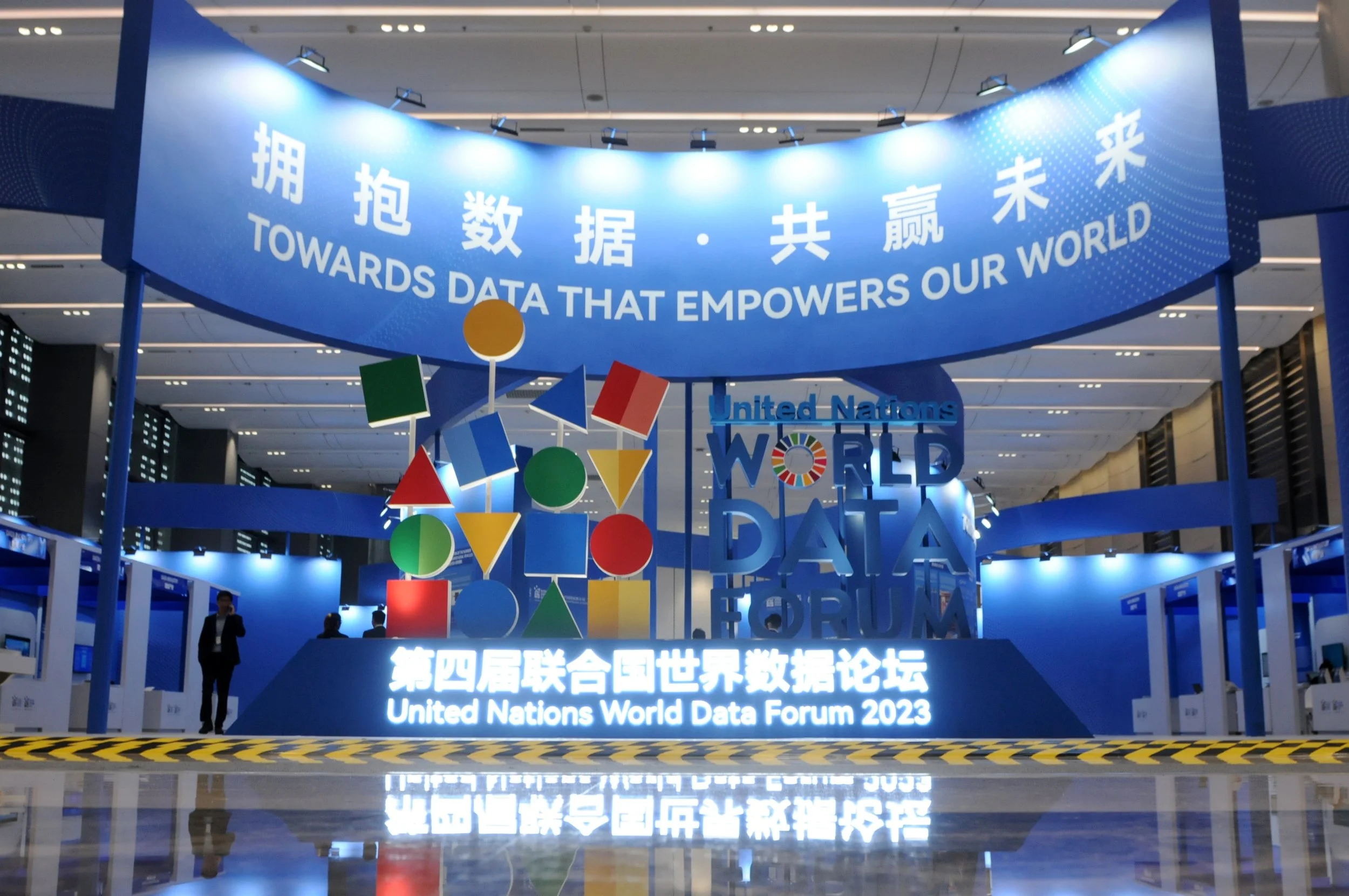Overcoming Data Graveyards: Country Insights on Advancing Data Use, Uptake, and Impact
By Castelline Tilus (SDSN TReNDS) and Lorenz Noe (Open Data Watch)
This article was originally published by the UN World Data Forum.
Photo by IISD/ENB | Diego Noguera
“You need to be ahead of what your user requires,” stated Macdonald G. Obudho, Director general of KNBS during SDSN TReNDS and Open Data Watch’s UN World Data Forum Event. “If you do not know what your users require, you risk producing data that does not satisfy their needs.”
Understanding users of official statistics and meeting their needs was just one of the many country insights provided during the session on overcoming data graveyards and understanding the institutional barriers to effective data use—a topic that has become increasingly important as our rate of data production grows exponentially.
Currently, 2.5 quintillion bytes of data are produced globally, and this is projected to increase as digital transformation initiatives thrive. The volume of data published by government agencies such as National Statistics Offices (NSOs) has also grown. However, our capacity to produce data has rapidly outstripped our ability to understand who uses this data, in which contexts and why. For example, within the public sector, the value of administrative data is not fully exploited. These data often fall into “data graveyards” – where unused data become lost and forgotten (Custer et al, 2017) and prevent evidence-informed policies from being made. This is dangerous particularly at a time when intersecting crises like the COVID-19 pandemic, climate change, and energy and food insecurity put a premium on decision-making that incorporates the best data.
The event, based on SDSN TReNDS and ODW’s research, sought to match these barriers with solutions that data producers within the National Statistical System (NSS) can apply in their specific contexts. Here we highlight some of those country insights.
Meeting Users Needs: Kenya National Bureau of Statistics
Established in 2006, The Kenya National Bureau of Statistics (KNBS), is committed to providing quality statistical services to support policy formulation, implementation and evaluation of the country’s development agenda. In 2016, KNBS adopted the Data Dissemination and Access Policy to promote data use and fulfill the 2010 constitutional mandate that guarantees every citizen the right of access to public information. This policy addresses the conditions, technical options, and the manner in which the KNBS disseminates statistics to users for research and other purposes and identifies different levels of anonymization for different categories of data use. With its adoption and implementation, KNBS has streamlined its endeavors of informing the public and policy makers on the various official statistics available. Recognizing the important needs of users and the importance of timely data, KNBS releases datasets for public access within a month after the release of official survey reports. This information is disseminated through different media, including publications, seminars, workshops, and launch forums, amongst other mediums to reach a diverse range of user groups. The KNBS is committed to achieve excellence in the provision of timely, reliable and affordable official statistics for informed decision making, and this policy has enabled them to remain in compliance with that broader mission.
Promoting Inclusivity and Intersectionality: Colombia’s National Administrative Department of Statistics
Like their counterparts in Kenya, The National Administrative Department of Statistics (DANE) plans, implements, and evaluates processes for the production and communication of statistical information in Colombia. Over the last few years, they have taken crucial steps towards encouraging and standardizing more inclusive, disaggregated data across the National Statistical System (NSS). Though there is a broad awareness of the inequalities in the country, it was not captured in the country’s official data. This left already vulnerable population groups, such as indigenous and Afro-descendant populations, statistically invisible. In the most recent national strategy, DANE included a differential and intersectional approach in the production and dissemination of official statistics by considering four new dimensions related to marginalized communities: gender, life cycle, ethnicity, and disability. By promoting principles of inclusiveness and intersectionality in its statistics, DANE has been able to identify a need to further increase the visibility of different population groups (e.g. those with disabilities) in their data. This has facilitated greater coordination and collaboration among the various national-level actors and has provided DANE the opportunity to meet the broad demands and needs of their users in a unique way.
Going Local: Development Initiatives
Non-governmental organizations are also working to promote greater data use. Development Initiatives (DI) is a global non-profit organization harnessing the power of data and evidence to end poverty and reduce inequality. DI works to support the collection and dissemination of data at the sub-national level to improve access to services and access to social policies for vulnerable populations. “We work at the local level, at the town and parish level,” stated Claudia Wells, International Hub Director at Development Initiatives, “And we work beyond traditional census and survey information to understand the individual.” According to Wells, capturing data at the individual-level is vital for monitoring access to services and access to social policies, especially for women and girls, and this type of granularity in data is vital for healthcare management information systems at the sub-national and local level. Well’s remarks during the UN World Data Forum reminds us just how important it is to produce data that are used across levels of government to ensure that no one is left behind.
Maintaining the Momentum
This work is the beginning of a conversation on how actors in national statistical systems can promote greater data use. More work is needed, however, to examine the context within which governance, user strategies, and data literacy efforts can take place. In addition, following the adage of “what gets measured gets managed,” a research gap remains in systematically measuring data use. International organizations and the global community have a large role to play to support countries in finding tools to measure data use that fit their capacity and needs. The UN World Data Forum offers a platform to do just that.

